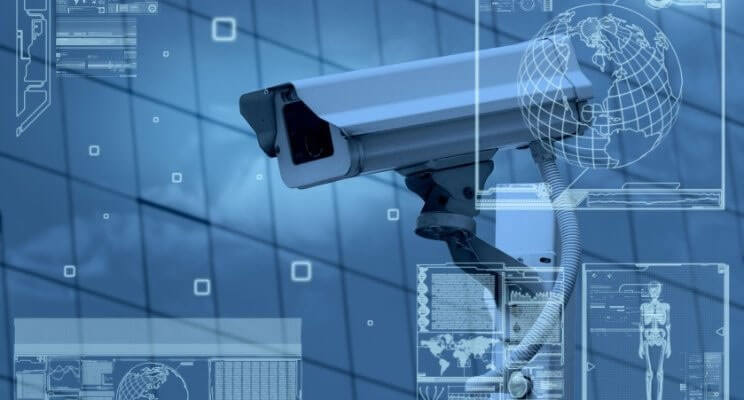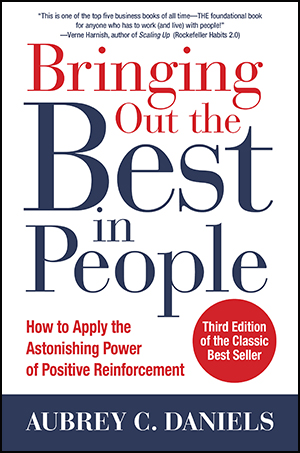
Most people know that judo, like many corporations, has a well-defined system of ranks. While companies use titles like “Associate”, “Director” or “Vice-President”, judo uses a system of belts: White to brown for the Mudansha and black for the Yudansha.
















